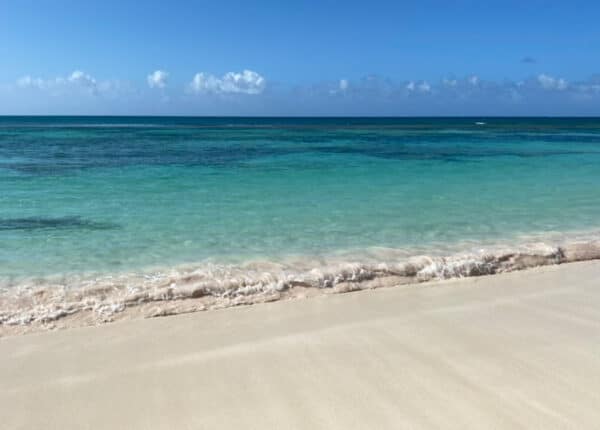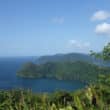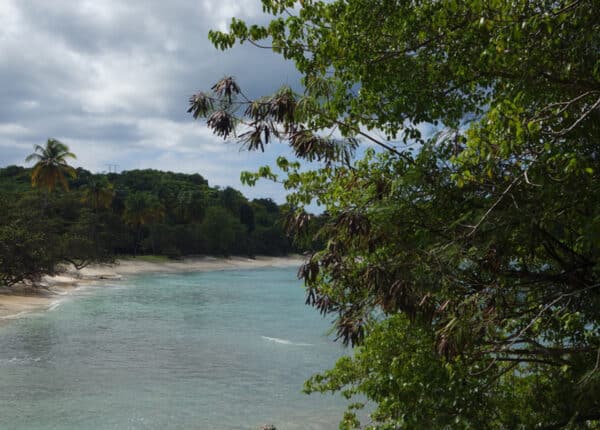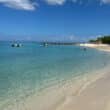By Ryan Peterson
CJ Contributor
Consider going on an adventure towards a new destination in which you don’t trust the pilot, the flight attendant does not understand that you are thirsty, and she keeps telling you to put on your seatbelt – never mind that you were just informed that there will be a deviation in your itinerary. How is that for an adventure?
For over two decades, and increasingly so with the rise of the new millennials, or the “missing generation” as they have been coined in the Caribbean, the scholastic achievements of the youth have become an annually recurring theme.
Declining high school graduation rates, increasing numbers of school dropouts, low mobilization into tertiary education, and the all too well known “brain drain” are by no means new phenomena in the Caribbean.
These debates have raged on for quite some time — as I recall that my generation was also “underachieving” — based on the belief that something must be “wrong” or “amiss” with the youth if they can’t get with “the system”.
As we celebrate International Youth Day this week, calling for the engagement of youth in the sustainable development of the Caribbean, it is quite ironic and regretful that still too often the visions and voices, and the passions and perspectives of the youth are not systematically integrated and intimately involved in national and regional development programs.
Despite several attempts and initiatives across the region, engaging the youth in and for their development still seems like an exotic, far-away destination.
Explorations across the Caribbean for well over a decade have shown that our systems for youth development and education are out of sync with the current realities and future demands of dynamically changing Caribbean societies.
Not only has the system been unable to close the classical employability gap, today the system seems unable to foster and develop the entrepreneurial competencies for braving a new Caribbean. What seems to escape most of us is that this “system” was built in the last century for a society and generation fitting of its industrial times and purposes. A century later and at least three generations further, one really has to ponder whether our current education is fitting for the times, trials and transformations of the 21st century.
Despite the “flipping and blending” of classrooms, and significant advances in theories, teaching and technology, “the system” has not evolved much from teaching by rote and conditioning cognitive abilities towards tests – never mind that success in life has no standard formula. Or maybe, just maybe education is not about teaching, but about engaging.
When 70 percent of your talent is exploring other destinations, and when more than 50 percent of the youth is either failing a year, failing graduation, or falling behind, then one has to wonder if we can continue doing (more of) the same thing, and expect different results. When less than one third of the youth enjoys the work they do in class, or has a feeling of being understood by, and trust in their teacher, one has to question the basic principles and current learning practices of the “system”.
What if education were not about indoctrination or instruction? What if education were more than the transfer and testing of knowledge?
What if education were less of a transaction, and more of a transformation of innate creative potentialities? What if education were more about the desire to explore, experience and engage in discovery and development?
What if education were about social-emotional competencies in addition to stimulating intellectual inquiry and cognitive creativity?
What if education were an enjoyable adventure towards a new destination, in which you trusted the pilot and were offered a fountain to quench your thirst?
Just what if we would engage our youth in the way they learn, rather than the way we were taught.
Just what if we would explore new destinations in the Caribbean…
Ryan R. Peterson, PhD is Professor of Innovation Economics & Sustainable Islands at the University of Aruba, and policy advisor on sustainable innovation in small states. He can be reached at ryan.peterson@ua.aw







